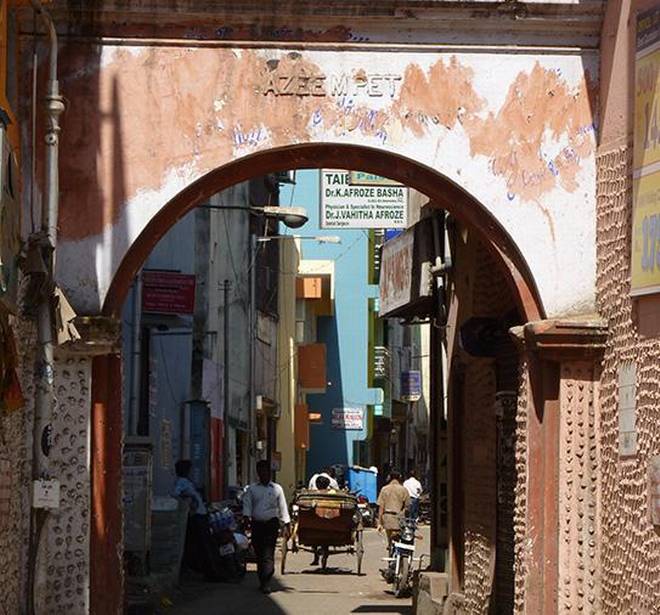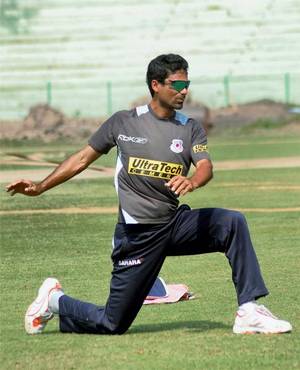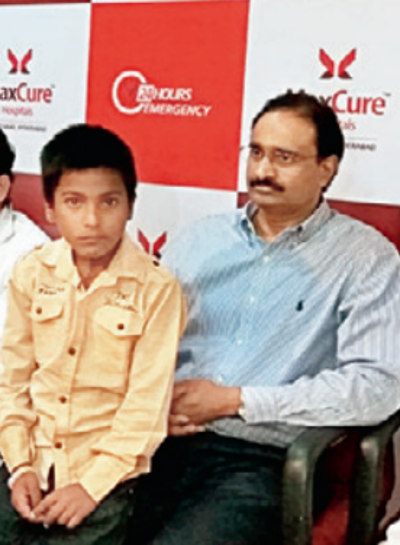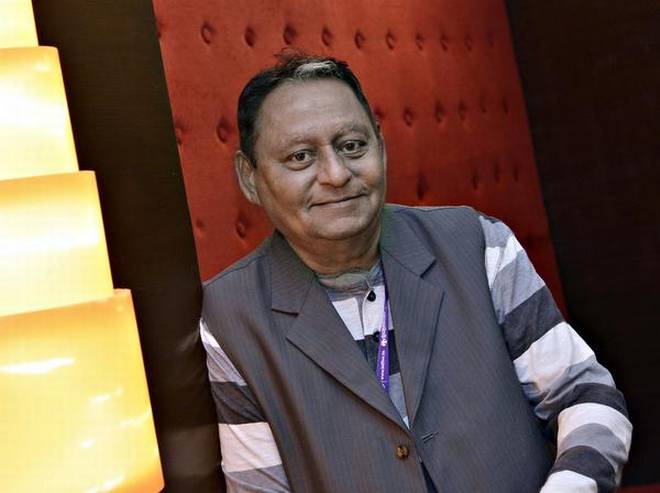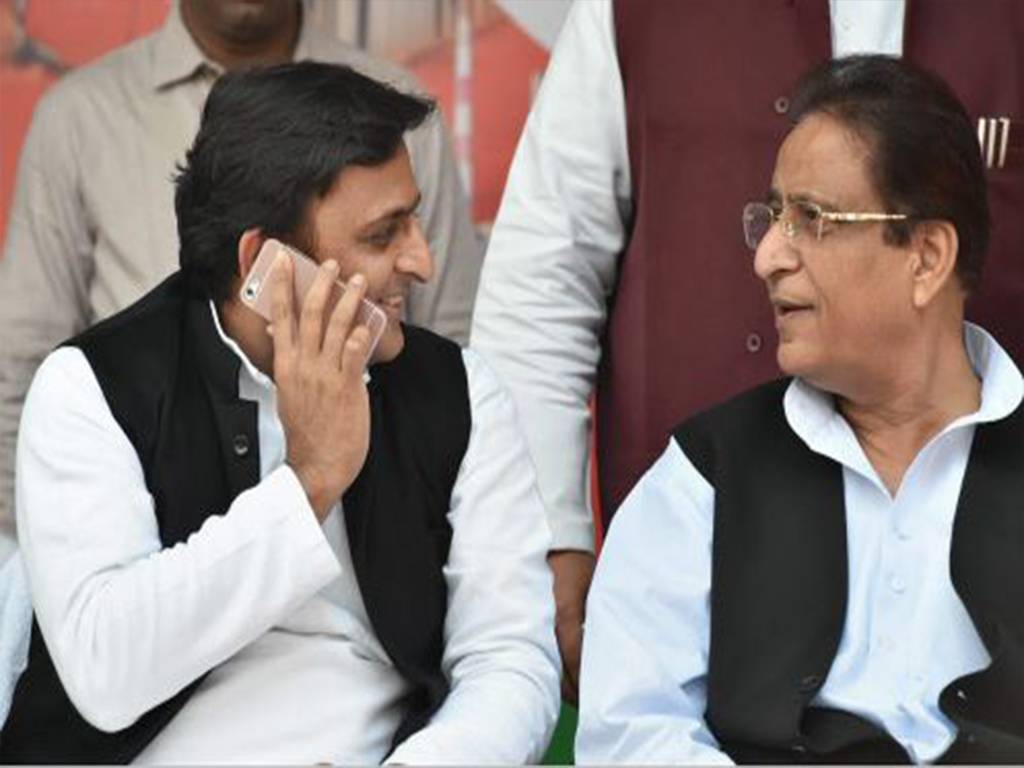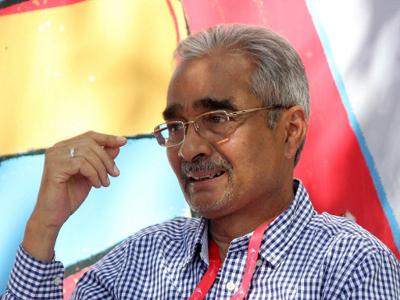Lucknow, UTTAR PRADESH :
One is a doctor and the other is a counsellor and their team has achieved, what many others could not even with an army of workers.
Dr Sharmeen Ahmed and Anita Shukla are a team which has changed the family planning scene in Uttar Pradesh’s Allahabad district, about 200 km from Lucknow. They have been working relentlessly for the past seven years overcoming barriers of religious beliefs and misconceptions surrounding planning of families in the district. “I was the junior most doctor at the District Zanana (women) Hospital when I joined in 2010-11 and was sent for training for implanting Postpartum Intrauterine Contraceptive Device (PPIUCD) to roll out a pilot project in Allahabad,” says Ahmed.
“It was an important programme and I knew that its success would go a long way in achieving the objectives. I personally liked the programme very much,’’ Ahmed says. Fortunately, she has got an able companion in Anita Shukla, who is not only a counsellor but also a hard working professional. No wonder the two were able to form a formidable team.
Anita said that record keeping and monitoring had not been very effective then and even the government did not prioritise the PPIUCD programme. She, however, firmly believed that it would be very helpful for the beneficiaries and took immediate steps to complete the work.
They have been serving the people since then, particularly the lower-most strata of society, who needed counselling and services. Ahmed has been awarded by the state government for the highest number of insertions. Her average insertions have been around 390 annually.
But her work was never an easy one. With so many myths and misconceptions surrounding the family planning programme, it was really challenging if not impossible task to persuade people and achieve the goal, she says.
What makes it difficult are religious beliefs and illiteracy, she says. “The biggest problem with the people is illiteracy. Their religious beliefs also sometimes turn out to be an impediment,” she said.
“Most people have not read the Holy Koran because they are not literate and depend on others for interpretations. These interpretations by others may not always be correct. so when I counsel them, I cite Koran and interpret it for them which works most of the times,” Ahmed explains.
There were other problems also which she had to face while doing her job. Persuading husbands and mothers-in-law is even more difficult. “I had to face opposition from the beneficiaries’ husbands and mothers-in-law. They at times got very angry at the mere mention of the family planning. After agreeing to the family planning, sometimes the beneficiaries back out at the last moment,” she said.
Ahmed said that there were very few women in the community, who would take decisions on their own. On majority of occasions it is the husband, mother-in-law and rest of the family who decide, she adds.
Ahmed has trained counsellor Anita Shukla. “I have taught Anita how to counsel and what are the possible set of questions that a lady would come with which need to be answered with logic and even religious overtones but without any coercion because fertility and the number of children is the right of a woman which cannot be violated,’’ she explains.
Now, the situation is that she is the most sought-after family planning specialist in the district with women coming to seek Ahmed’s advice after hearing from others particularly from her own community which, she feels, is an achievement for her.
Counsellor Anita Shukla says 80% service seekers are victims of myths and misconceptions around planning families while 5% are just stubborn. “These myths and misconceptions must be removed if we want to make family planning programme a success,” she said.
Incidentally, Anita has also been awarded by the state government and was asked to share her experiences at a high-level meeting of officials. “We have to think of newer ways to convince people that family planning and contraception use are not against religious norms. We receive complaints like the woman does not like doing household work after insertion!
There are times we have to deal with really difficult people and there are some women who come and get it removed also. One day a woman said her neighbour had told her that the IUCD moves around in the body. I had to tell her then that the uterus was like an earthen pot with just one opening. We have no choice but to respect their decision,” Anita explains with a hearty laugh.
Though Anita and Ahmed did achieve what many others could not, they also realise very well that their task was far from over.
“We have miles to go before we sleep. Family planning is the need of the hour for a country like India and without the cooperation of the people it can not succeed. We need to work in as a team and make persuasive efforts keeping in mind the sensitivity of the people. The same religious beliefs that are often cited as obstacles can be used by us to achieve our goals,” Anita added.
source: http://www.deccanherald.com / Deccan Herald / Home> Special Features / by Sanjay Pandey in Lucknow / February 19th, 2017

